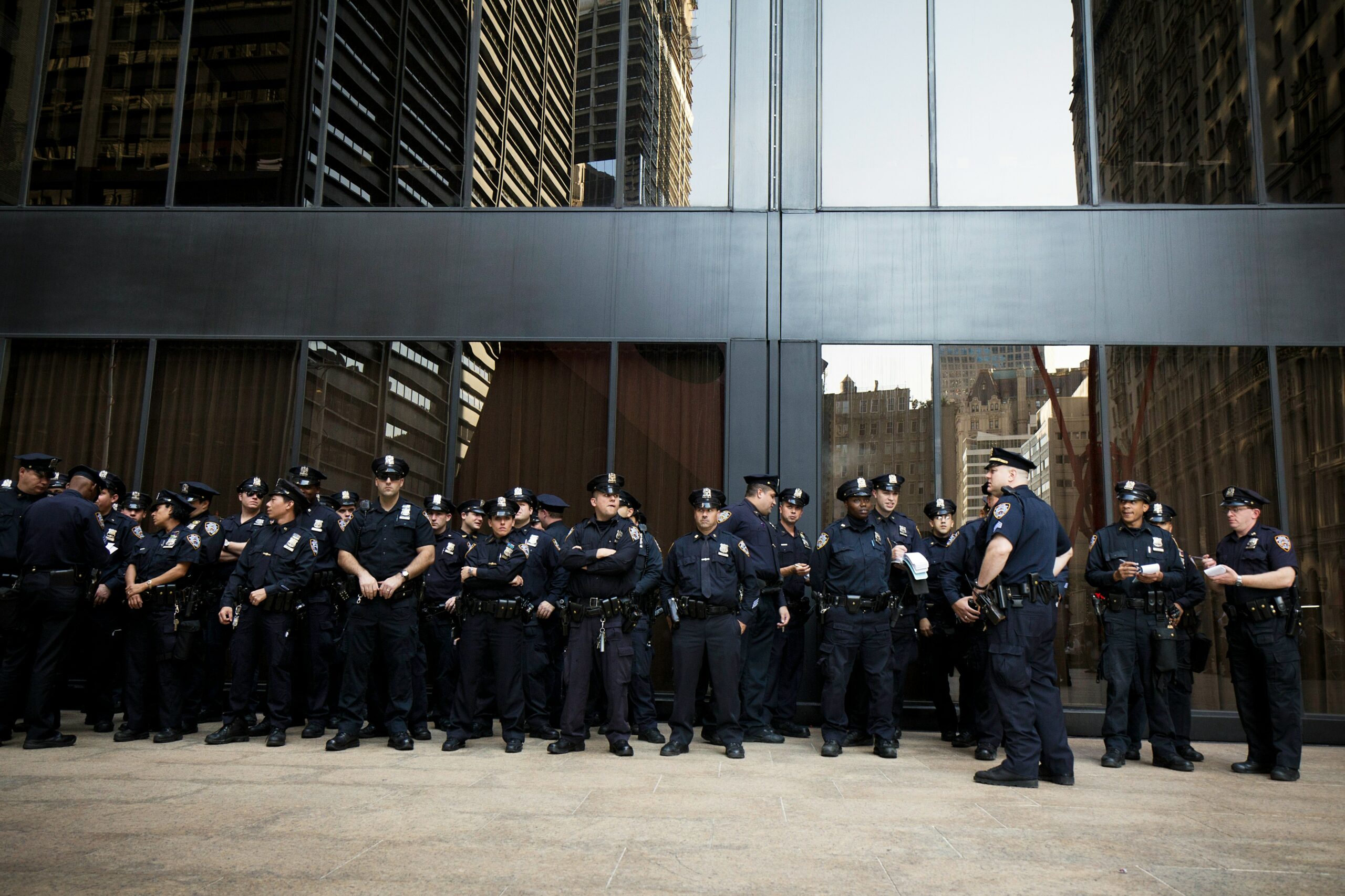Fitness is a cornerstone of effective law enforcement. Officers who maintain a high level of physical fitness are not only equipped to handle the demanding aspects of their job but can also manage stress better and contribute to the safety and well-being of the communities they serve. In this article, we explore the importance of physical fitness in policing, the challenges officers face in maintaining it, and how fitness programs can be integrated into law enforcement training and daily routines.

Why Fitness Matters in Law Enforcement
For police officers, physical fitness is not just about being able to chase down a suspect; it also affects their daily job performance and their overall health. Physically fit officers are less likely to be injured on the job, can handle the physical and mental stress of their roles better, and tend to have better decision-making abilities under pressure. Fitness contributes significantly to an officer’s command presence, the ability to project an air of authority, confidence, and competence, which can defuse volatile situations without the need for force.
Brad Finucan, a retired sergeant, often discussed how fitness played a crucial role throughout his policing career. From the intense physicality required during his early years on the force, including a daring rescue in the icy waters of the Grand River, to maintaining peak physical condition as a detective and team leader, Finucan’s fitness regime enabled him to perform at his best and set a standard for those he led.
Challenges in Maintaining Fitness
Despite the clear benefits, maintaining a high level of physical fitness can be a challenge for many in law enforcement. The irregular hours and stressful nature of police work can make regular exercise difficult to schedule. Furthermore, the job often requires sitting in a vehicle for prolonged periods, which can lead to a sedentary lifestyle.
The stress associated with policing can also lead to unhealthy eating habits and poor sleep, both of which can negatively impact physical fitness and overall health. Therefore, creating a culture that promotes and supports officer wellness is critical.
Implementing Effective Fitness Programs
To address these challenges, many police departments have developed fitness programs tailored to the needs of their officers. These programs often include access to gyms and fitness equipment, scheduled workout times, and regular fitness assessments. However, it’s not just about providing resources; it’s also about creating a supportive environment that encourages a healthy lifestyle.
For example, during Brad’s tenure with the police service, he championed the integration of regular fitness assessments and personalized training programs. This not only helped officers keep up with the physical demands of their job but also fostered a sense of camaraderie and mutual support among the team.
Types of Fitness Regimens for Officers
Fitness regimens for police officers should include a mix of cardiovascular training, strength training, flexibility exercises, and endurance workouts. Cardiovascular fitness is essential for pursuits and emergency response situations. Strength training helps officers manage physical confrontations, while flexibility can prevent injuries during such encounters. Endurance training is crucial for the stamina needed during long shifts or extended incidents.
Programs like CrossFit, which combine elements of strength, endurance, and flexibility training, have become popular among law enforcement professionals. These programs can be adapted based on age, fitness level, and specific job requirements, ensuring all officers can benefit regardless of their current fitness level or role within the department.
The Role of Leadership in Promoting Fitness
Leadership plays a crucial role in the promotion of fitness within police forces. Leaders who prioritize fitness in their personal lives and professional mandates inspire others to follow suit. Brad Finucan’s approach was to lead by example, maintaining his physical fitness through regular gym visits and active hobbies like skiing and golfing, which helped him stay fit and connected with others in a fun, social setting.
Moreover, leaders can advocate for policies that recognize the importance of fitness, including incentives for maintaining physical health, time allocations for workouts during shifts, and resources for mental health support, which is equally important for overall wellness.
Conclusion
In conclusion, the role of fitness in police work extends beyond physical capabilities—it is integral to the effectiveness, safety, and morale of the entire force. Departments that invest in comprehensive fitness and wellness programs not only enhance the operational effectiveness of their officers but also contribute to their long-term health and professional satisfaction. As exemplified by retired officers like Brad Finucan, maintaining physical fitness through a career in law enforcement and into retirement can lead to a fulfilling and impactful life both in and out of service. By adopting and promoting rigorous fitness standards, law enforcement agencies ensure their officers are prepared for every aspect of the job, thereby enhancing community trust and safety.



